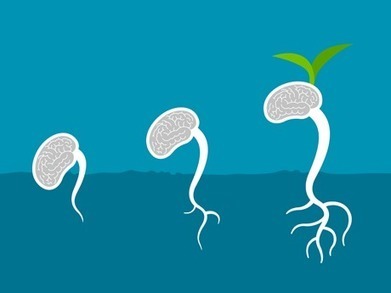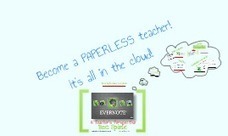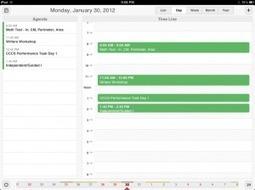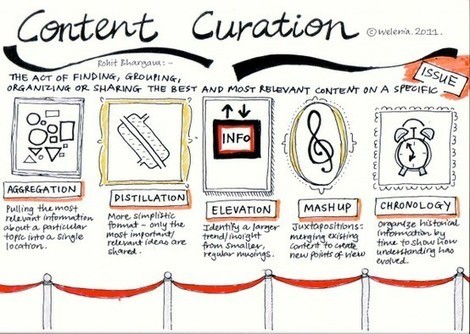 The thing that I have learnt about moving is that not only do you reorganise your files, folders and books, but you also take a fresh look at your online presence because you are now doing things slightly differently. What I have found is that this helps me to redefine the criteria for good online programs. I have decided that I really need something that helps me to simplify how I do things, not make things more difficult. I want a blog where I can post documents and files for students to use. This was not possible so I had to search for a way around it. I decided on Sribd as I mentioned earlier. Then I decided that I wanted a homepage that helped me to stay organised, I decided on Page Flakes as I can have my Facebook, Twitter, post it notes, calendar, news feeds and music updated by the minute.
The thing that I have learnt about moving is that not only do you reorganise your files, folders and books, but you also take a fresh look at your online presence because you are now doing things slightly differently. What I have found is that this helps me to redefine the criteria for good online programs. I have decided that I really need something that helps me to simplify how I do things, not make things more difficult. I want a blog where I can post documents and files for students to use. This was not possible so I had to search for a way around it. I decided on Sribd as I mentioned earlier. Then I decided that I wanted a homepage that helped me to stay organised, I decided on Page Flakes as I can have my Facebook, Twitter, post it notes, calendar, news feeds and music updated by the minute.
The process has allowed me to take stock and realise what is important for the current situation I am in. This is useful for our students as they can do the same while they are trying to organise themselves for learning. They could keep their notes on an online storage page or cloud computing site and share them with their peers if they wished. They can update their resources on Diigo or Delicious and again, share them. Organisation is one of they key skills necessary for students (and teachers) and we can help them to learn this skill by using good online tools.








